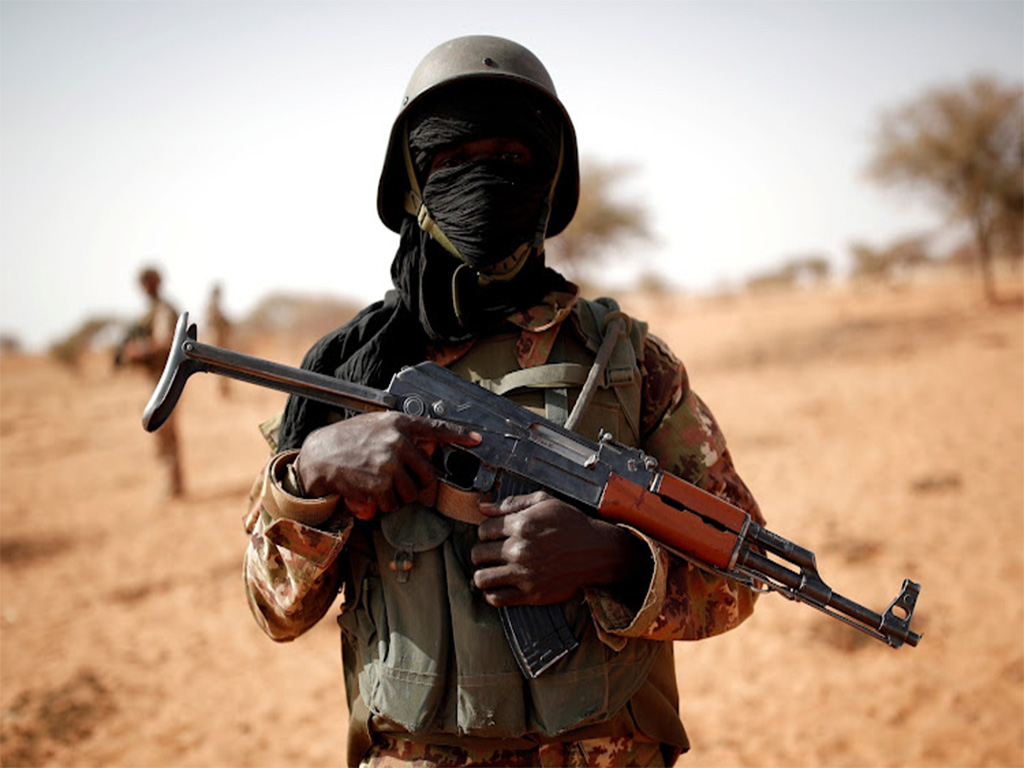The outcome of Friday’s UN Security Council vote on the future of the peacekeeping force in Mali is not in doubt: they have little choice but to terminate what has been the most deadly of all such UN operations around the world.
Over its more than 10-year deployment, some 187 peacekeepers have lost their lives.
However, it is not the casualty toll that is driving the UN out of Mali. It is the country’s military regime that is insisting the 12,000 international troops must depart – despite a desperate security crisis that shows no sign of fading away.
Once the UN peacekeepers have departed, Mali will be even more dependent on the Russian mercenary Wagner group, which is thought to have 1,000 fighters in the country, for security back-up.
Across northern and central regions of Mali, a vast country that extends from tropical West Africa deep into the Sahara Desert, jihadist armed groups stage regular attacks.
Despite Wagner’s fearsome reputation, there must be questions about its effectiveness in fighting the militants, even if manpower is boosted with extra fighters redeployed from the war in Ukraine.

